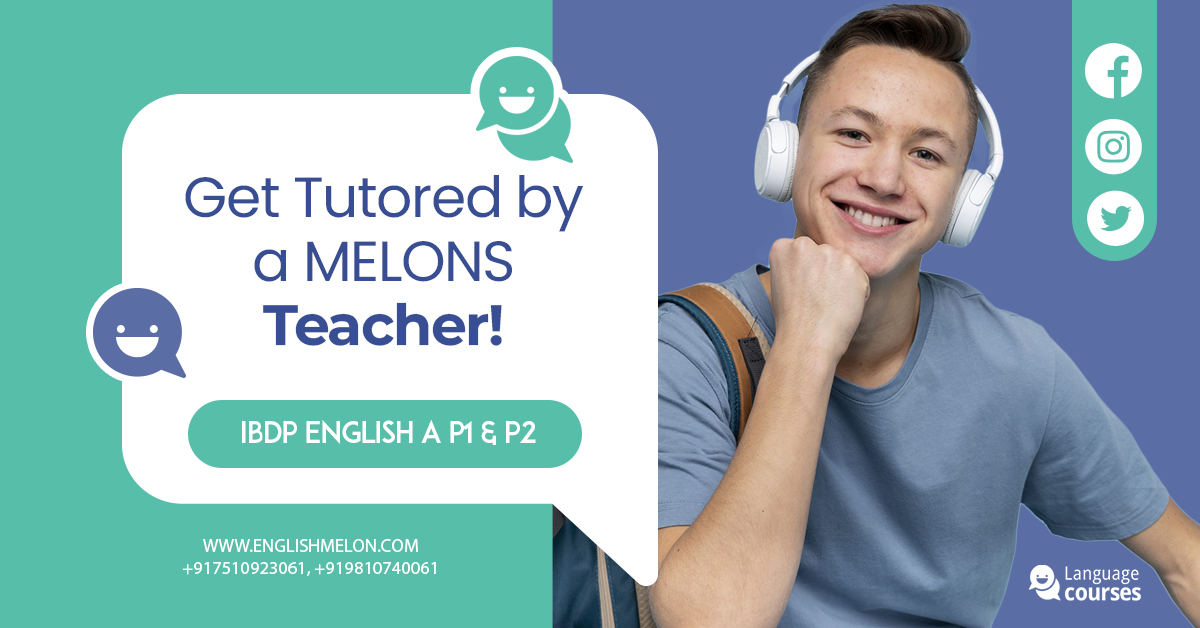The International Baccalaureate Diploma Programme (IBDP) English A course focuses on several key concepts that help students engage deeply with texts and develop critical thinking skills. These concepts provide a framework for analyzing and understanding literature and language in various contexts. Here are the main concepts in IBDP English A:
IBDP English A Concepts | IIICCTTRIP
- Identity
- How do texts explore personal and cultural identities?
- In what ways do authors use language to construct identity?
- Intertextuality
- How do texts reference or build upon other texts?
- What are the effects of intertextual connections on meaning and interpretation?
- Identity and Relationships
- How do texts explore the dynamics of relationships?
- In what ways do relationships influence characters and narratives?
- Culture
- How do texts reflect or challenge cultural norms and values?
- How do cultural contexts influence the creation and interpretation of texts?
- Creativity
- How do authors use literary techniques to create meaning?
- What role does imagination play in the creation of literary works?
- Communication
- How is meaning communicated through language and literature?
- What are the different modes of communication used in texts?
- Transformation
- How are texts adapted or transformed across different media and contexts?
- What are the effects of transforming a text from one form to another?
- Time and Space
- How do historical and geographical contexts influence texts?
- What role do time and space play in shaping narratives and themes.
- Representation
- How are people, events, and issues represented in texts?
- What impact do representations have on readers’ perceptions and understanding?
- Perspective
- How do different perspectives shape our understanding of texts?
- In what ways do authors present multiple viewpoints in their works?
Application of Concepts
1. Identity:
- Analyze how characters’ identities are constructed in a novel.
- Discuss how personal identity is explored in autobiographical writing.
- Examine the role of identity in shaping the narrative of a play.
2. Culture:
- Compare how different cultures are portrayed in two different texts.
- Reflect on how cultural background influences the interpretation of a poem.
- Explore how cultural conflict is depicted in a short story.
3. Creativity:
- Analyze the use of metaphors and similes in a poem to understand creative expression.
- Discuss how authors create suspense and tension in a thriller novel.
- Study the narrative techniques used in a magical realism story.
4. Communication:
- Examine the use of dialogue in a play to reveal character relationships.
- Analyze the narrative voice in a novel to understand how the story is communicated.
- Discuss the role of visual and verbal elements in a graphic novel.
5. Perspective:
- Compare the different perspectives presented in a dual narrative novel.
- Analyze how a first-person perspective influences the reader’s understanding of a memoir.
- Discuss the impact of shifting perspectives in a multi-voiced poem.
6. Transformation:
- Study how a novel has been adapted into a film and discuss the changes made.
- Analyze the transformation of a myth into a modern short story.
- Discuss the impact of translating a poem from one language to another.
7. Representation:
- Examine how gender roles are represented in a historical novel.
- Discuss the representation of political issues in dystopian literature.
- Analyze how marginalized groups are depicted in contemporary fiction.
8. Identity and Relationships:
- Study the development of relationships in a coming-of-age novel.
- Analyze how family dynamics are portrayed in a drama.
- Discuss the influence of romantic relationships on the plot of a romance novel.
9. Time and Space:
- Examine how historical events influence the narrative of a historical fiction novel.
- Discuss the role of setting in shaping the themes of a science fiction story.
- Analyze the depiction of different time periods in a time-travel narrative.
10. Intertextuality:
- Study the references to classical literature in a modern novel.
- Discuss how a contemporary poem alludes to historical events.
- Analyze the intertextual connections between a novel and its prequel.
By engaging with these concepts, students can develop a richer understanding of texts and their contexts, enhancing their analytical and interpretative skills in IBDP English A.


